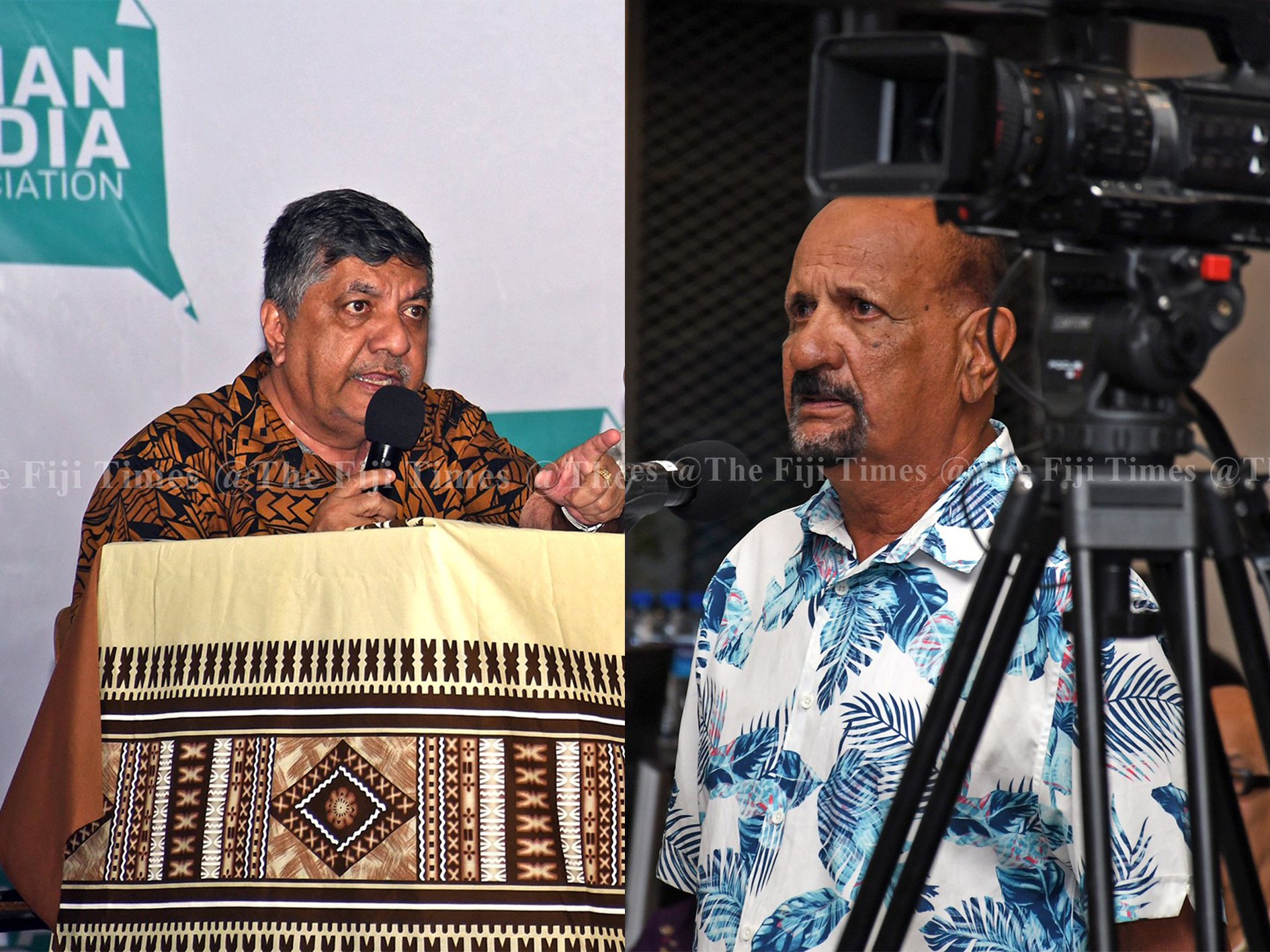Prime Minister Sitiveni Rabuka made a bold statement on Thursday night following the Fijian Media Association’s Town Hall Forum in Ba.
His government, he insisted, is one that walks the talk. He insists it is a government that listens and does not just pay lip service.
At the Ba event, moderated by The Fiji Times managing editor digital, Anish Chand, the Prime Minister was asked whether his administration may have been guilty of doing just that, giving lip service to the people.
“It is not a government initiative, so we have taken advantage of it because it brings us face to face with the people,” Mr Rabuka said, referring to the Town Hall series which were held this time, in Tavua and Ba. It was a candid response, and a bold one.
The PM’s claim that his government “walks the talk” will no doubt attract differing opinions. Some will applaud the effort to engage directly with the people, while others will remain sceptical, judging such statements against their own expectations and experiences.
Yet, we say, in the broader scheme of things, what unfolded in Ba was an important reminder of what democracy should look like. Unfiltered, spontaneous, and sometimes heated.
A case in point was the exchange between Sugar Minister Charan Jeath Singh and veteran cane farmer and former Fiji Sugar Corporation board member, Arvind Singh.
Arvind Singh challenged the minister, calling on him to meet growers instead of holding what he described as “pocket meetings”. He spoke passionately about the declining state of the sugar industry, warning that the “last generation” of farmers was upon us.
Minister Singh, in turn, defended his record, insisting he had held numerous meetings, and took a swipe at his critic, suggesting personal motives behind his remarks.
The discussion grew tense, emotions ran high, and the moderator eventually had to step in.
But something remarkable stood out. Amid the frustration and fiery exchanges, there was no fear! Arvind Singh did not hesitate to challenge a government minister in a public setting. He spoke freely, and that moment, simple as it seemed, was profound.
It symbolised how far we have come since the 16 years of media suppression and political intimidation under the previous government, that silenced dissent. During those years, few would have dared to confront a minister so openly, let alone in a public forum with the prime minister present.
What unfolded in Ba was democracy in its truest form, people holding power to account, engaging directly with their leaders, and doing so without fear of reprisal.
The Town Hall Forums deserve recognition for creating such spaces. They provide citizens with an avenue to speak candidly, beyond the filtered confines of official briefings, or parliamentary debates. This is engagement at its most genuine. Raw, emotional, and direct.
It also demands skill and discipline from moderators, who must balance free expression with civility and protect participants from crossing into personal attacks or defamation.
Still, we say, the very existence of such exchanges is healthy. They remind us that democracy thrives not on silence or politeness, but on dialogue, sometimes uncomfortable, often challenging, but always necessary.
As we reflect on that evening in Ba, let us all take pride in the fact that we now live in an environment where such debate is not only possible but encouraged. Democracy is not perfect, and it will never please everyone.
But the freedom to question, to challenge, and to be heard, that is its heartbeat. We must cherish it, nurture it, and never take it for granted!



